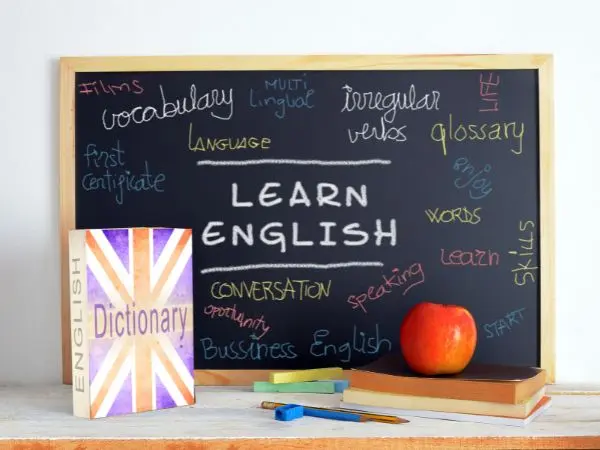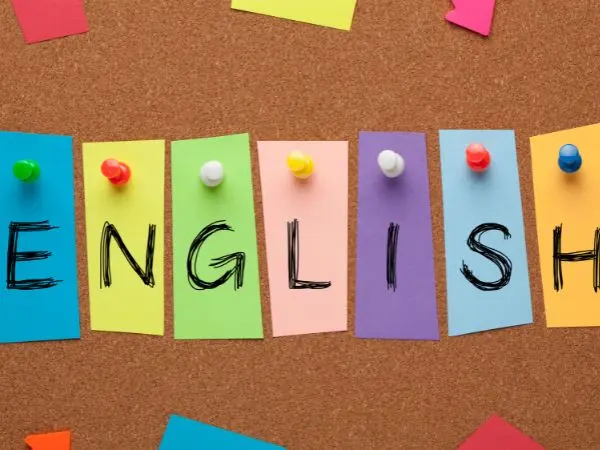Speak Like a Native Speaker! Discover 5 Effective Ways to Improve Your English Pronunciation Before Your Study Trip
Dreaming of speaking English as fluently and elegantly as Benedict Cumberbatch or Emma Watson? For many language learners—especially those whose native language is Italian or Spanish—English pronunciation can be a serious challenge.
That’s because learning a new language often requires a real mental shift, a kind of “reprogramming” in the brain. It might feel difficult at first, but it’s also deeply rewarding.
Pronunciation doesn’t always depend on how much grammar or vocabulary you know. Every learner approaches language learning differently: some focus on reading, others on listening skills, writing, or basic language skills.
But when it comes to real-life communication, speaking—and especially pronunciation—is key. You might know all the grammar rules, and be able to read full novels in English, but if you can’t express yourself clearly and naturally, you’ll always struggle to be understood.
Indice dei contenuti
5 Practical Tips to Improve Your English Pronunciation
Imagine how satisfying it would feel to speak confidently while exploring London, talking sports with international friends, or meeting new people on an American university campus.

Here are five straightforward techniques that can help you overcome pronunciation difficulties and start sounding more like a native speaker. Whether you’re preparing for a study trip, a professional opportunity abroad, or simply want to improve your English language skills, these tips can help you get there.
1. The Art of Imitation: Listen and Repeat
One of the most effective ways to improve your pronunciation is by mimicking native speakers. But don’t just repeat random words, truly engage with the English-language culture.
Choose a British or American film you enjoy. Whether it’s The Crown for royal drama or Stranger Things for a bit of ‘80s nostalgia, make sure it’s something that keeps you engaged.

Pick a short scene (2–3 minutes), and watch it several times, paying close attention to the way the actors move their mouths. Write down the dialogue and practise repeating it, imitating every intonation and accent. Record yourself, then listen back and compare your pronunciation with the original.
This isn’t just about sounds—it’s also a great way to absorb key vocabulary, idiomatic expressions, and cultural references you can use in everyday situations.
2. Magical Tongue Twisters: A Workout for Your Mouth
Tongue twisters are a fun and useful tool for practising tricky sounds and training your mouth muscles.
Start with classics like:
-
She sells seashells by the seashore
-
How much wood would a woodchuck chuck if a woodchuck could chuck wood?

Go slowly at first, paying attention to each sound. Then gradually increase your speed. Try challenging friends or classmates—who can say it perfectly in 30 seconds without messing up?
It’s a fun way to practise speaking while also improving pronunciation and fluency. You could even turn it into a themed evening with friends: a “Tongue Twister Night” with English snacks, tea, and a bit of healthy competition.
3. Powerful Phonetics: Know the Sounds
Understanding the basics of English phonetics can make a huge difference. After all, some sounds in English simply don’t exist in your native language.
Start by getting to know the International Phonetic Alphabet (IPA) for English. Focus on sounds that are unfamiliar to you, and practise linking each phonetic symbol to its corresponding sound.
Don’t let transcriptions like /ˈkwestʃən/ (for question) intimidate you. These symbols simply show how to position your mouth and control your breath. For example, tʃ sounds like the ch in church, while ə is a neutral vowel—short and soft.

Work on the common “problem” sounds:
-
The “th” in think or that
-
The American-style r
-
The vowel difference between ship and sheep
Try practising these words in full sentences instead of in isolation. This helps with pronunciation in context and improves your comprehension of natural speech patterns.
Learning phonetics takes time, so be patient. The more you practise, the more naturally your vocal muscles will adapt. What sounds impossible at first will soon feel familiar.
4. Rhythm and Intonation: The Music of English
Pronunciation isn’t just about individual sounds. The prosody—the rhythm, stress, and intonation of speech—plays a huge role in making your English sound natural.
Prosody is what gives language its “musicality”. It helps express emotion, intention, and emphasis, and differs significantly from one language to another.

Here’s how to work on it:
-
Pay attention to word stress. For example, photograph is stressed on the first syllable, but photographer shifts the stress to the second.
-
Practise using weak forms in natural phrases. In “Can you see it?”, can and you are often pronounced softly.
-
Work on linking—the way words run together. For example, “What’s your name?” often sounds more like “Whatsyername?”
-
Try copying the rhythm of English music. Rap, spoken word, or folk songs can help you develop an ear for natural intonation.
This focus on rhythm is what will ultimately make you sound fluent—even if your grammar isn’t perfect.
5. Total Immersion: Live the Language
Finally, nothing beats full immersion. The more English you surround yourself with, the faster your pronunciation will improve. It also gives you exposure to culture, humour, slang, and real-life language use—things textbooks often miss.

Here’s how to immerse yourself without even leaving your home:
-
Create an “English zone” in your room—decorate it with posters, books, or maps from English-speaking countries.
-
Change your phone, computer, and social media settings to English.
-
Use free language websites and apps like Tandem or HelloTalk to chat with native speakers and get pronunciation tips.
-
Follow English-speaking YouTubers or podcasters who talk about topics you’re genuinely interested in—whether it’s cooking, football, or tech.
-
If you can, plan a study abroad trip in an English-speaking country.
Improve your English Pronunciation—and More!
Improving your English pronunciation isn’t just about speaking clearly. It’s about building confidence, developing listening skills, and even starting to think in another language. It also opens the door to deeper understanding of English-speaking cultures—whether you’re learning for travel, work, or just for fun.

And if you’re serious about reaching fluency, there’s nothing more powerful than daily practice and real interaction. Surround yourself with English in your daily life, get involved in conversation, and use resources that offer instant feedback from native speakers.
So whether you’re mastering basic language skills as an absolute beginner, or working on fine-tuning your pronunciation and speaking skills, the key is to stay curious, stay motivated, and keep exploring the world of language learning.
Your voice is your passport—use it to connect, express, and experience the world more deeply.




